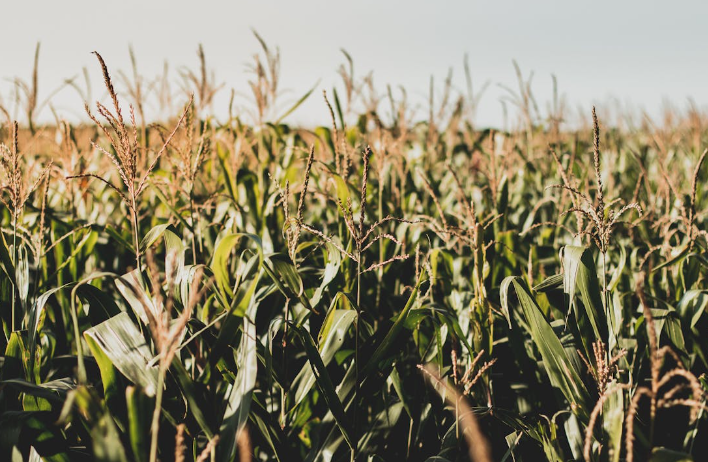Guard maize farmers from exploitation
By Editorial, November 14, 2024The perennial challenge of maize pricing and purchasing in Kenya, particularly in the fertile Trans Nzoia region, underscores the urgent need for government intervention.
Farmers who have invested in the expensive enterprise of growing maize are staring at losses as brokers and middlemen invade the trade and buy maize at throwaway prices.
Agriculture Cabinet Secretary Andrew Karanja recently announced that the government will purchase one million bags of maize from farmers across the country at Sh3,500 per 90kg bag. Farmers, some whom are still holding last year’s harvest in their stores, have argued that the price will not meet the cost incurred from planting to harvesting the produce.
The harvest also risks going to waste if the National Cereals and Produce Board fails to mop up maize from farms.
While market forces can be efficient in many sectors, the unique dynamics of the agricultural sector, especially for staple crops like maize, demand a more nuanced approach.
The Trans Nzoia region, renowned for its high maize yields, is often at the mercy of fluctuating market prices.
Farmers, who invest significant resources in cultivation, are frequently exploited by middlemen, who offer low prices, leaving them with minimal profits.
This exploitation not only discourages farmers but also undermines food security for the nation.
Government intervention in maize buying can provide a crucial safety net for farmers. The government must set a minimum price that factors in the cost of production, ensuring that farmers receive fair returns for their hard work so that they can meet other obligations, including educating their children.
The price crisis facing the maize sector should inform the government that giving subsidised fertiliser is not enough if farmers will end up selling their harvest at a loss.
By now, the government should have drafted laws and formulated policies to safeguard the welfare of farmers. This can motivate farmers to continue investing in agriculture, leading to greater production and food security.
In years of bumper harvests, the government can purchase surplus maize to prevent a price crash, safeguarding farmers’ incomes.
Similarly, in low-harvest years, the government can release the maize in its strategic reserves to stabilise price spikes and protect consumers of maize products.
More Articles

